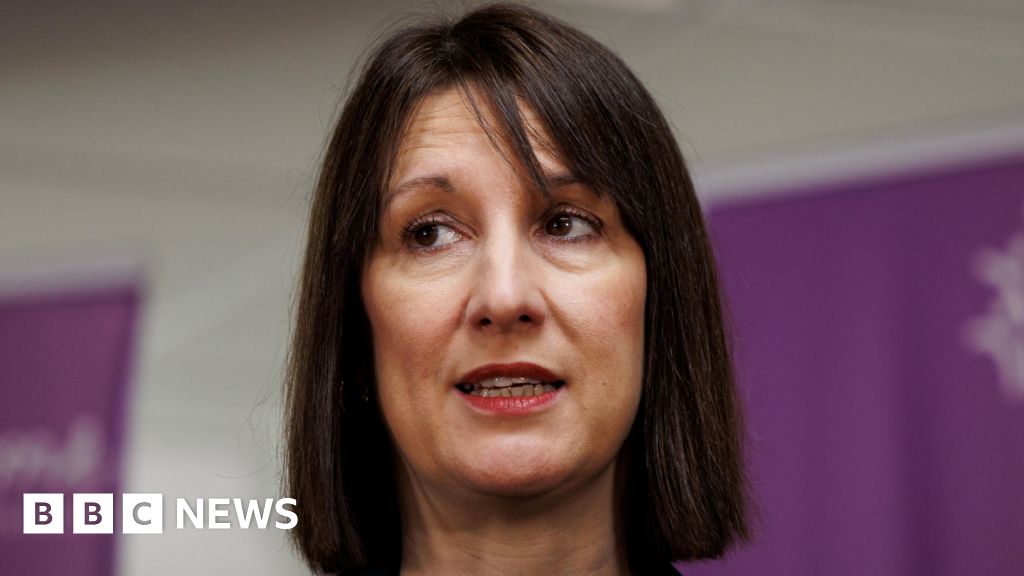ARTICLE AD BOX
Marks & Spencer has issued a surprise profits upgrade, after food and clothes sales at the High Street giant outperformed expectations.
The chain said while there had been an element of pent-up consumer demand in recent trading, there were signs that its latest turnaround plan was working.
Meanwhile, the latest official figures showed that retail sales in the UK fell 2.5% between June and July.
The fall was partly due to weaker food sales following the end of Euro 2020.
However, while the Office for National Statistics (ONS) said sales fell last month to the lowest level since shops reopened in April, they remained 5.8% ahead of pre-pandemic levels.
'Good recovery'
M&S said its "encouraging performance" had confirmed that its transformation programme is on track.
Revenues from its food business in the 19 weeks to 14 August were up 10.8% on last year and 9.6% on 2019-20.
It added that its clothing and home business had seen a "good recovery", with revenue up 92.2% from last year and down just 2.6% on 2019-20.
However, it warned that there remained "substantial uncertainty as to the continued strength of consumer demand, as well as disruption in both supply chains and consequent pressures on costs and margin".
Despite this, M&S said that - assuming there are no further Covid-related restrictions on trading - it expects full-year profits to be "above the upper end of previous guidance of £300-350m".
Sales 'washout'
The latest retail sales figures from the ONS showed food store sales slipped by 1.5% in July, compared with a 3.9% rise in the previous month when they had been boosted by the Euro 2020 tournament.
Non-food stores reported a 4.4% decline in volumes, which the ONS put down to declines at second-hand goods stores and computer and telecoms equipment stores.
"Following the Euro 2020 related boost in June, retail sales fell in July to their lowest level since shops reopened in April, but still remain well above pre-pandemic levels," said Jonathan Athow, deputy national statistician for economic statistics at the Office for National Statistics (ONS).
"Food sales fell back as further lifting of hospitality restrictions meant consumers had more opportunities to spend outside retail."
He added that heavy rainfall at the start of July had also hit fuel sales, which dipped for the first time since February.
Sarah Coles, a personal finance analyst at Hargreaves Lansdown, said July was a "washout for sales".
"While the rain came down, we didn't see the point in getting a new wardrobe, especially with so many people holidaying in the UK this year, so clothing sales didn't get a boost from last-minute swimwear purchases."
She said food was also hit: "In the absence of a decent BBQ season, we gave ourselves a bit of a break from the kitchen, buying less food, and spending more in restaurants and takeaways."

 3 years ago
110
3 years ago
110








 English (US) ·
English (US) ·